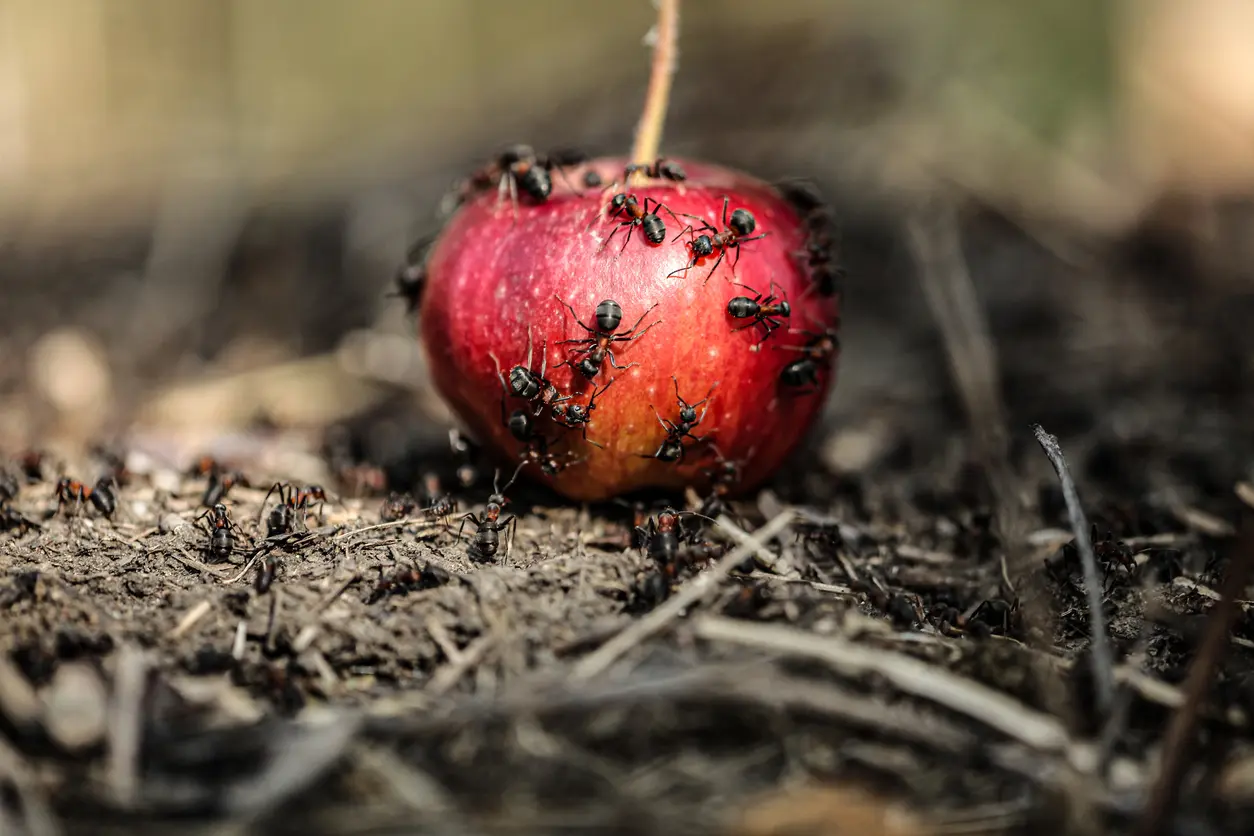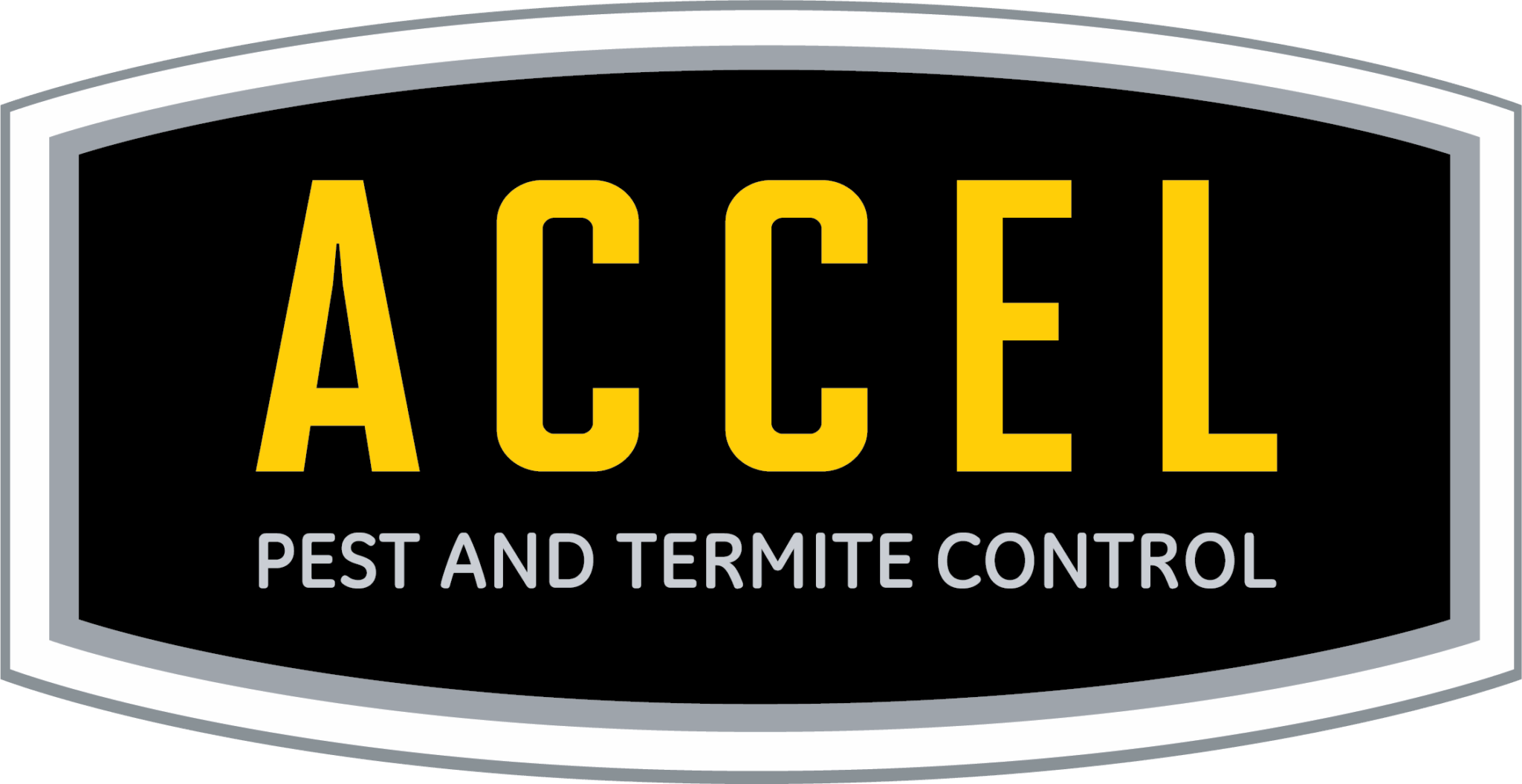In Full Bloom: How To Protect Your Garden From Ants and Other Pests

Spring is an enchanting season for gardeners as nature undergoes a rejuvenation, allowing you to nurture your garden and watch it bloom. At Accel Pest and Termite Control, we know how important it is to protect your garden from pests like ants that threaten your carefully tended plants. Luckily, this guide will shed light on common garden pests and teach you to implement effective yard and garden pest control strategies.
Ants in Your Garden
With their dynamic nature, ants can ruin your garden by building nests near plants and potentially damaging roots and soil. Ants are more active in the spring, looking for food and nesting places. Because of this heightened activity, these diligent garden bugs can infiltrate in huge numbers, posing a severe threat to plant life and possibly affecting root systems.
Yard Pest Control Strategies
Implementing robust yard pest control measures is vital for a flourishing garden. Gardeners can keep their outdoor spaces healthy and vibrant by integrating the following strategies and monitoring them regularly.

1. Regular Inspection
Check your garden for signs of pest infestations, such as chewed leaves, wilting plants, or unusual insect activity. Regularly monitor your plants, soil, and environment to spot these early signs of infestation. By detecting pest activity early on, gardeners can immediately stop minor problems from turning into major issues. This vigilant approach ensures the garden stays healthy and vibrant against pest threats, contributing to its overall health and vibrancy.
2. Natural Predators
You can control pest populations in your garden by attracting natural predators like birds and using them as yard pest control strategy. This strategy harnesses nature’s power to maintain a balanced ecosystem.
Planting flowers and herbs that entice beneficial insects like ladybugs, lacewings, and praying mantises is also helpful. You can reduce pests without using chemicals by encouraging these natural predators, resulting in a healthier and more harmonious garden.
3. Mulching
Mulching conserves moisture, suppresses weeds, and acts as a barrier against soil-dwelling pests. By creating a protective barrier around plants, mulch prevents pests from entering the soil, reducing pest numbers and limiting damage. Moreover, organic mulches like straw or wood chips decompose, enriching the soil and fostering a healthier garden ecosystem.
4. Companion Planting
Companion planting is good for repelling pests and attracting beneficial insects, like planting marigolds to ward off roundworms and aphids. By pairing mutually helpful plant species, gardeners can naturally minimize pest populations and promote biodiversity by interplanting specific combinations of plants that enhance pest resistance and overall garden health.
This technique creates a more resilient and balanced garden ecosystem by leveraging the natural defense mechanisms of plants.
Garden Pest Control Measures
You’ll need proactive yard pest control and targeted garden pest control measures to protect your plants from ants and other pests. Using comprehensive pest management strategies, gardeners can protect their plants from common pests and promote ecological balance and sustainability.

1. Neem Oil
While neem oil is safe for plants and the environment, it disrupts garden pests’ feeding and reproduction patterns. Insects can’t grow or lay eggs because the oil’s compounds act as repellents, reduce insect feeding, and interfere with insect hormones.
It works on over 200 insects, especially soft-bodied chewing insects like aphids which attract ants. Neem oil works best in the morning or evening, whether preventive or addressing an infestation. Incorporating neem oil into garden pest control measures can keep plants healthy and resilient.
2. Diatomaceous Earth
Insects dehydrate and die when they come in contact with diatomaceous earth from fossilized aquatic organisms. This natural insecticide manages garden pests effectively and non-toxically by disrupting insects’ exoskeletons. You can apply it to various plant surfaces, so it’s ideal for ants, slugs, and beetles that crawl. By integrating diatomaceous earth into garden pest control measures, gardeners can maintain an eco-friendly garden while protecting their plants.
3. Floating Row Covers
Incorporating floating row covers is a practical and eco-friendly way to deal with garden pests. The lightweight, translucent fabrics shield plants from pests, letting sunlight, air, and water in. It is especially effective against flying pests like aphids, carrot rust flies, and cabbage moths. Floating row covers are a sustainable, cost-effective way to protect crops, resulting in healthier plant growth.
4. Encourage Biodiversity
Embracing diversity in your garden is a natural defense against pest infestations since it regulates pest populations and promotes overall plant health. The diversity of plant species you cultivate attracts beneficial insects, birds, and other predators that eat up common pests in your garden.
Using this method reduces the need for chemical interventions, making your garden more resilient and healthy. You can also enhance the balance of your garden ecosystem by planting native plants and incorporating habitat features like birdhouses and pollinator-friendly flowers. In addition to deterring pests, embracing biodiversity makes your garden more sustainable and vibrant.
5. Proper Watering and Drainage
Overly moist conditions create an ideal habitat for snails, slugs, and fungal pathogens, so proper watering and drainage are crucial for pest management. Watering plants in a targeted way, such as drip irrigation, reduces disease risk and pest infestation by delivering water directly to their roots. Additionally, adequate drainage prevents waterlogging, compromising plant health and attracting pests.
3 Other Garden Pests to Keep Watch Out For
Ants are an extremely common garden pest, but they’re not the other ones. Here are a trio of other pests to watch out for when it comes to your garden.
1. Termites
With spring comes an increase in termite activity, making it essential for gardeners to stay vigilant against these pests. Termites thrive in the warm, moist spring conditions, seriously threatening garden plants. In addition to their destructive abilities, termites can quickly dismantle wooden structures like fences, trellises, and even raised beds in your garden.
2. Aphids
Aphids are tiny, sap-sucking insects that can quickly multiply and infiltrate your plants, leading to wilting and distortion. They can wreak havoc on delicate new growth, curling and distorting leaves. Their secretions also attract ants and make sooty mold grow.
3. Beetles
Due to their insatiable appetite for foliage and flowers, beetles pose a formidable threat to plant health with the arrival of spring. In terms of garden pest management, beetles are a formidable challenge because of their wide variety, varying in size and color.
Support Your Blooming Garden With Accel Pest and Termite Control
Let Accel Pest and Termite Control help you. Our seasoned professionals will ensure your Ohio or Virginia garden flourishes as spring breathes new life into it. Our tailored guidance in residential pest control and natural pest management solutions will help protect your garden from pests.
We’re dedicated to providing everything you need for a thriving, pest-free garden. Enjoy the beauty of a flourishing garden, free from pests. Call or contact us and let’s make your garden a vibrant, pest-resistant, ant-free haven.
